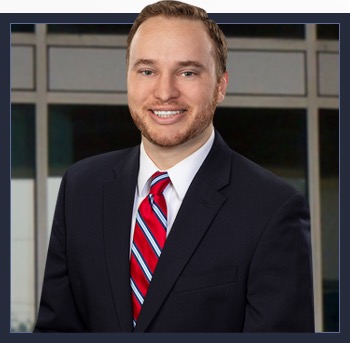Clearwater Juvenile Crime Lawyer
The juvenile criminal justice system works slightly differently than the adult criminal justice system. Nonetheless, the same laws apply and the consequences for breaking those laws can have serious repercussions for your child’s reputation and future. A Clearwater juvenile crime lawyer at King Law Group has the experience you need to ensure that your child gets a fair shot in court.
Navigating the juvenile justice system
A child who is arrested for a crime can be held for 21 days in a secure location that is similar to a jail. At this point, the prosecution makes a decision whether to drop the case, charge the child as a juvenile or charge the child as an adult (as happens in murder cases, for example). If a child is found guilty of a juvenile offense, they can be placed on probation or be required to serve a period of time at a residential facility.
Differences between juvenile and adult criminal cases
While the adult and juvenile criminal systems have many differences, the penalties for crimes committed by minors can be the same or substantially similar to the penalties that adults face. Minors can face community service, probation, or be placed into a residential program without the freedom to leave. Individuals charged as juveniles are not entitled to a trial by jury of their peers since their peers are generally considered unfit to serve on a jury. Juvenile criminal cases are tried before a judge who renders the final decision on the fate of the juvenile offender. The lone exception to this would be if the child were tried as an adult.
The process
If your child has been arrested, they will be transported to a county juvenile assessment center (JAC). The staff must notify the parents that their child is currently being detained. In cases where the juvenile is not considered a risk to themselves or others, the JAC will issue a Notice to Appear for court and release the child to their parents. If the child is found to be a risk, a hearing will be held before a judge who will make a determination to either release the child or hold the child for up to 21 days.
After the custody determination is made, a prosecutor will review the case to determine whether to proceed with criminal charges. If a child is charged as a juvenile, the process proceeds similarly to adult criminal cases. There will be an exchange of evidence and information between the prosecutor and defense attorney as negotiations may take place. The child may then either enter a plea to the judge and accept their sentence or take the case to trial. If the child is convicted at trial, the Department of Juvenile Justice makes a sentencing recommendation and the judge will ultimately decide the sentence. Some of the most common juvenile crimes are domestic battery, possession of drugs, trespassing, theft, and criminal mischief. A knowledgeable criminal defense attorney with King Law Group will be able to represent you or your child through every step of the process to ensure the best possible outcome.
Talk to a Clearwater, FL Juvenile Crimes Lawyer
If your child has committed a serious offense, the quality of the legal representation they receive could mean the difference between your child being placed in a residential facility and your child being able to reside at your home. Call King Law Group today to schedule an appointment and discuss the matter in greater detail.



